Indonesia is home to a wealth of natural resources, many of which play a crucial role in global trade. One such resource is charcoal, a versatile material used in various industries worldwide.
Indonesian charcoal, in particular, is highly sought after due to its high quality and eco-friendly production process.
Charcoal is not only used domestically, but it is also exported to numerous countries, making it an essential part of international trade.
Charcoal is a black, porous substance that is produced by heating organic materials, such as wood, in the absence of oxygen through a process called pyrolysis.
This process removes moisture and volatile compounds from the material, leaving behind carbon-rich charcoal.
The result is a substance with high energy content, making it an ideal fuel for cooking, heating, and industrial processes.
There are different types of charcoal, but the most commonly produced and traded form is wood charcoal, which is derived from hardwoods such as oak, acacia, and eucalyptus.
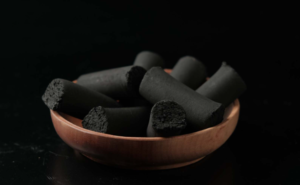
The charcoal produced in Indonesia is particularly notable for its high quality and efficiency, which is why it is in demand for both local consumption and export.
Indonesia is one of the world’s largest producers of charcoal, thanks to its vast forests and an abundant supply of biomass, including wood, coconut shells, and agricultural waste.
The production of charcoal in Indonesia follows a traditional yet effective method that has been passed down through generations. Here's an overview of the charcoal production process:
The first step in charcoal production is the sourcing of raw materials. In Indonesia, charcoal is primarily made from hardwood (such as mangrove and acacia) and coconut shells, which are abundant throughout the country.
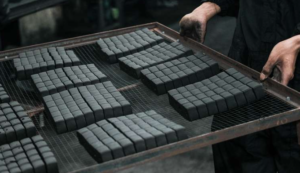
These materials are sourced from sustainable forests and plantations, with many producers working under government regulations to ensure that they adhere to responsible sourcing practices.
Once the raw materials are gathered, the next step is carbonization, which is the process of heating the wood or coconut shells in a furnace, kiln, or pit to remove moisture and volatile compounds. This process is conducted in a low-oxygen environment to ensure that the material does not combust but instead breaks down into charcoal.
The traditional method of carbonization often involves using a kiln, while modern methods may include more advanced carbonization technology that allows for better control over temperature and air circulation, resulting in higher-quality charcoal.
Once the charcoal is produced, it undergoes a quality control process where it is inspected and graded based on factors like size, density, and carbon content.
High-quality charcoal is typically denser and has fewer impurities.
The charcoal is then categorized into different grades: premium, standard, and lower quality, each suitable for different uses.
After the charcoal is produced and graded, it is ready for packaging and export.
The packaging process ensures that the charcoal is transported in a way that prevents damage and contamination, especially when it is destined for international markets.
Here's a breakdown of the packaging and export process:
Charcoal is usually packaged in woven sacks, paper bags, or wooden crates, depending on the specific requirements of the market and the buyer.
The packaging is designed to protect the charcoal from moisture and contamination during transport.
For higher-quality grades, the packaging is more robust to ensure that the charcoal maintains its integrity.
Coconut shell charcoal is often packed in smaller bags to facilitate easy handling, while wood charcoal might be packaged in bulk for larger industrial clients.
To export Indonesian charcoal to international markets, producers must comply with various trade regulations and documentation requirements.
These include certificates of origin, phytosanitary certificates (to ensure the charcoal is free from pests), and customs documentation.
Some countries also require compliance with international environmental standards to ensure that the charcoal is sourced sustainably and without contributing to deforestation.
Once the packaging and documentation are completed, the charcoal is ready for shipment.
Indonesian charcoal is often exported by sea freight, using shipping containers that can accommodate large volumes of product.
The charcoal is shipped to various international ports, including in countries such as Japan, South Korea, the United States, and European nations, where it is distributed to wholesalers, retailers, and end consumers.
In some cases, air freight may be used for small shipments, particularly for high-value or urgent orders.
Indonesian charcoal is in high demand due to its high quality, sustainability, and eco-friendliness.
The global market for charcoal is diverse, with several key industries relying on charcoal for different purposes.
Some of the major uses of Indonesian charcoal include:
One of the most popular uses for Indonesian charcoal is in the barbecue industry.
Charcoal is preferred for grilling because it produces a steady, consistent heat and imparts a smoky flavor to the food.
Indonesian charcoal, particularly coconut shell charcoal, is considered superior for grilling because it burns hotter and longer with less smoke.
Countries in the Middle East, Europe, and North America are significant importers of Indonesian charcoal for use in barbecue grills, outdoor cooking, and restaurants.
Charcoal is also used in various industrial applications, such as in the production of activated carbon, which is used for water purification, air filtration, and chemical processing.
The high carbon content of Indonesian charcoal makes it an ideal material for manufacturing activated carbon.
In many parts of the world, there is an increasing demand for sustainable charcoal.
Indonesian charcoal producers have capitalized on this trend by ensuring that their products are produced with minimal environmental impact.
Many producers use sustainable practices, such as using waste materials like coconut shells, which would otherwise be discarded.
Additionally, some charcoal manufacturers in Indonesia are certified by organizations like FSC (Forest Stewardship Council) to ensure that the charcoal is sourced responsibly.
Indonesian charcoal is an essential commodity in the global market, thanks to its high quality, sustainability, and wide range of applications.
Produced through a meticulous process of carbonization, Indonesian charcoal is exported to various countries, where it is used in industries ranging from cooking and barbecuing to industrial applications.
With increasing global demand for sustainable products, Indonesian charcoal producers are well-positioned to continue serving international markets while maintaining environmentally friendly practices.
Through continuous innovation and adherence to quality standards, Indonesian charcoal will likely remain a key player in the global market for years to come.
Informasi Pendaftaran Mahasiswa baru follow IG @infopmbunjani, mau tanya atau ngobrol? DM ya. Terimakasih. informasi ter-update selalu di update disana, sampai jumpa di kampus.
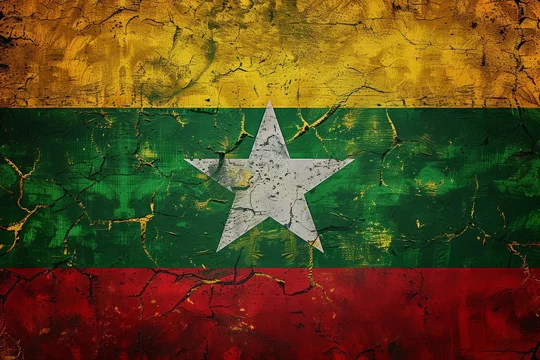

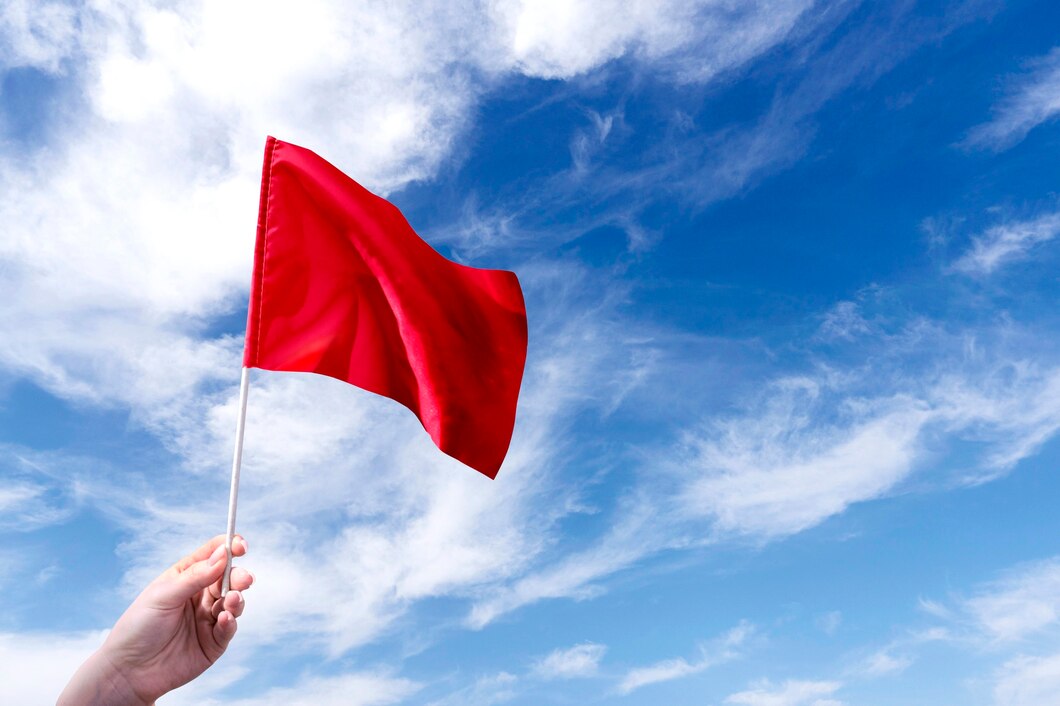
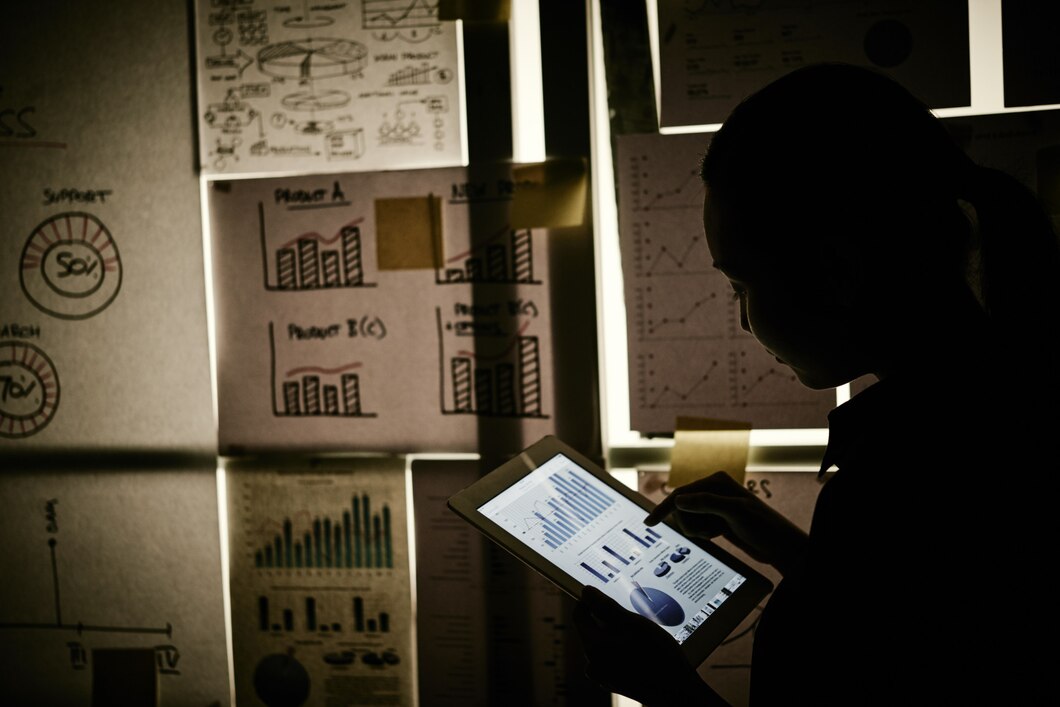
SEKRETARIAT PMB :
UNIVERSITAS JENDERAL ACHMAD CIMAHI
KAMPUS CIMAHI :
Gedung Rektorat Unjani
Jl. Terusan Jend. Sudirman, Cibeber, Kec. Cimahi Sel., Kota Cimahi, Jawa Barat 40531
Telp /Fax :022-6610223
Hp. 08112497890
KAMPUS BANDUNG:
Gedung Fakultas Teknologi Manufaktur (FTM)
Jl. Terusan Gatot Subroto Bandung
Telp/Fax : 022-7312741